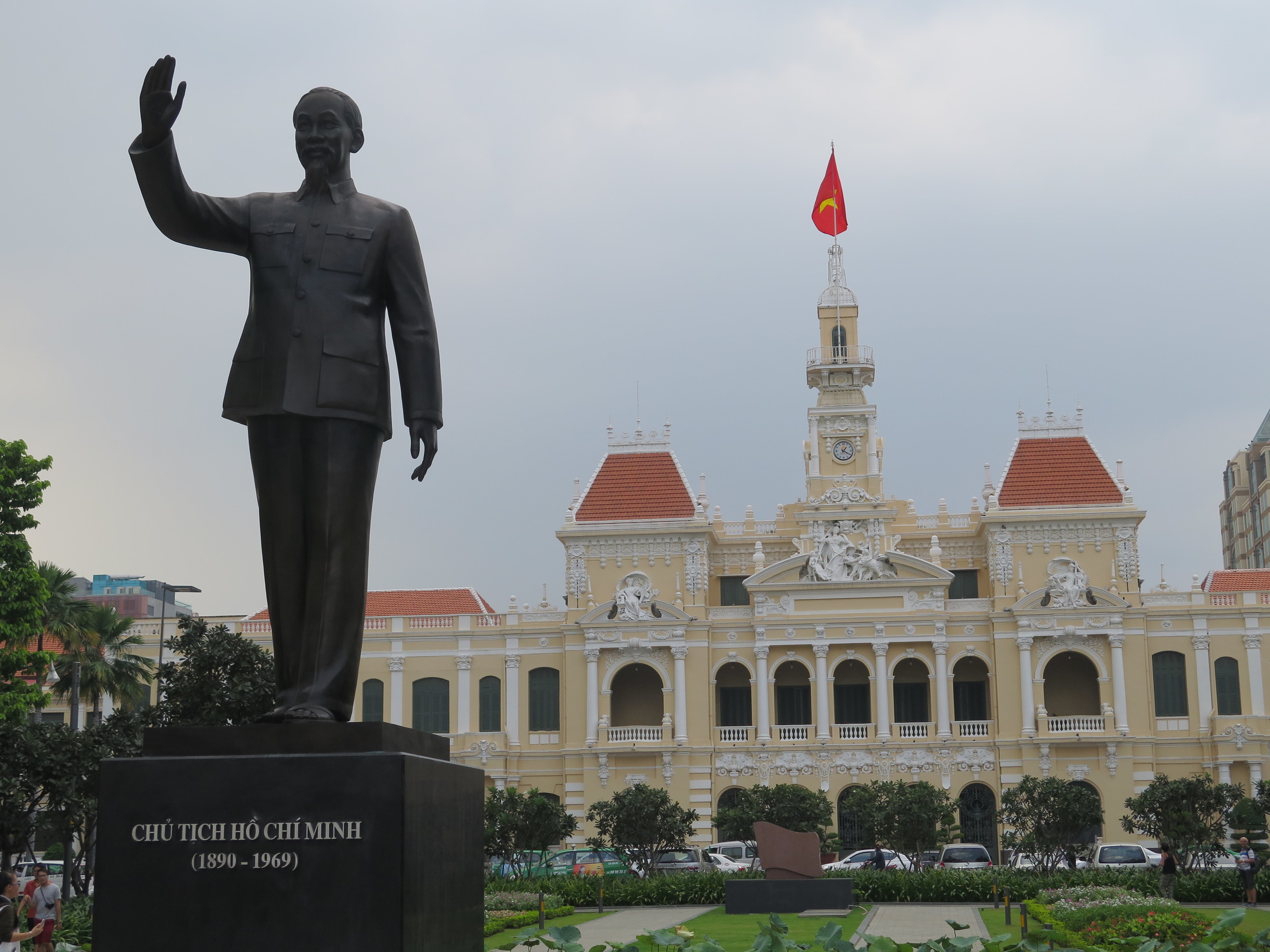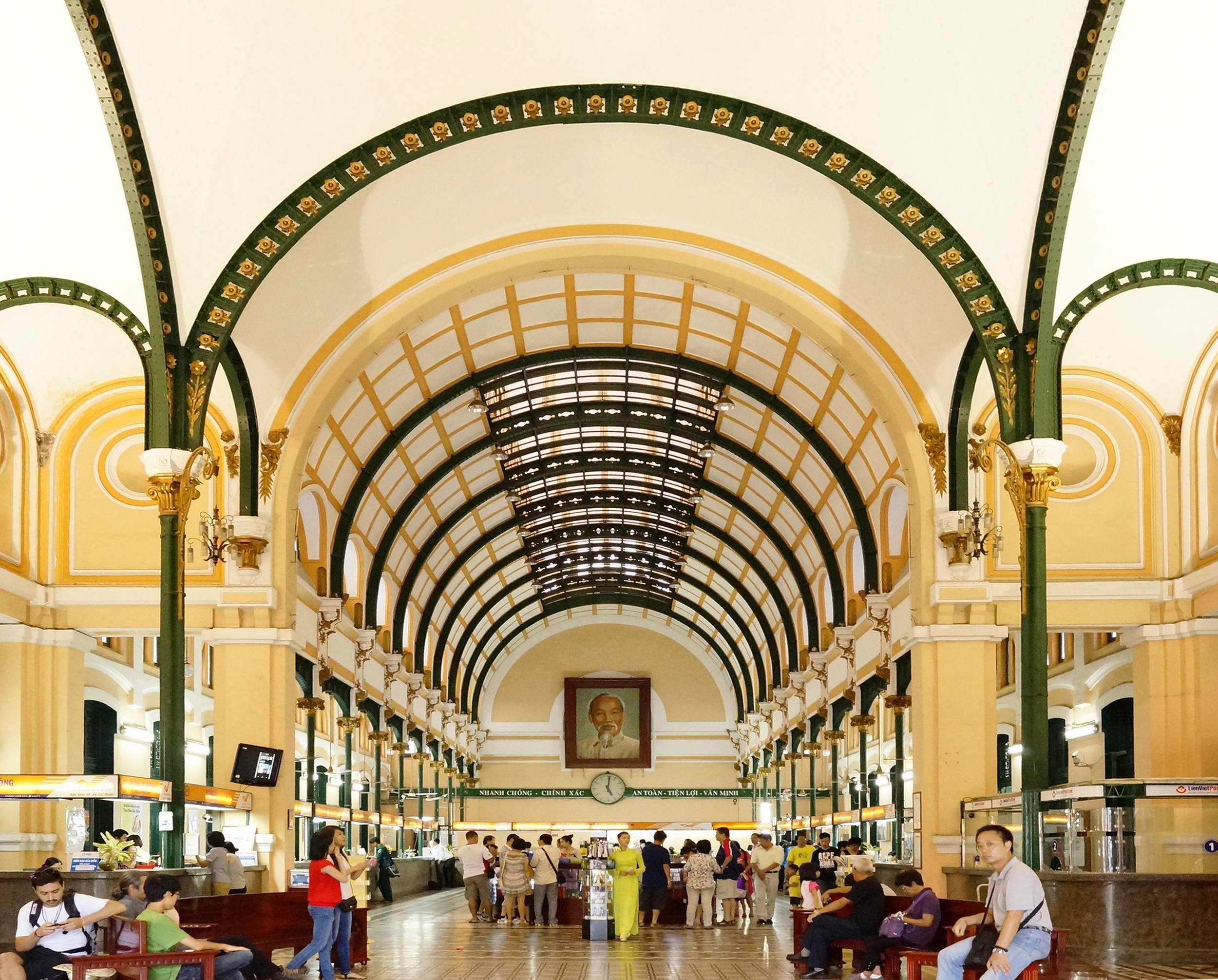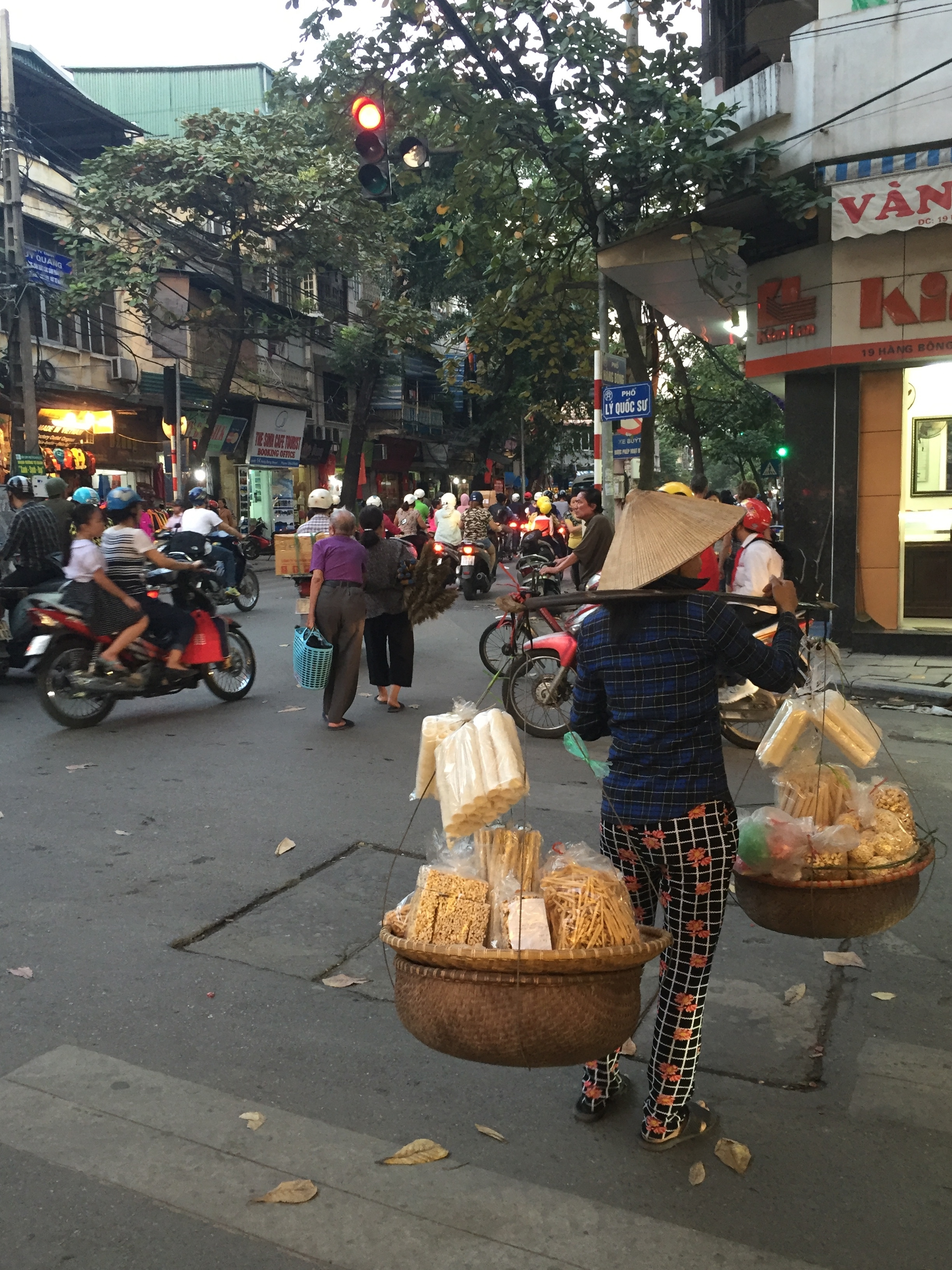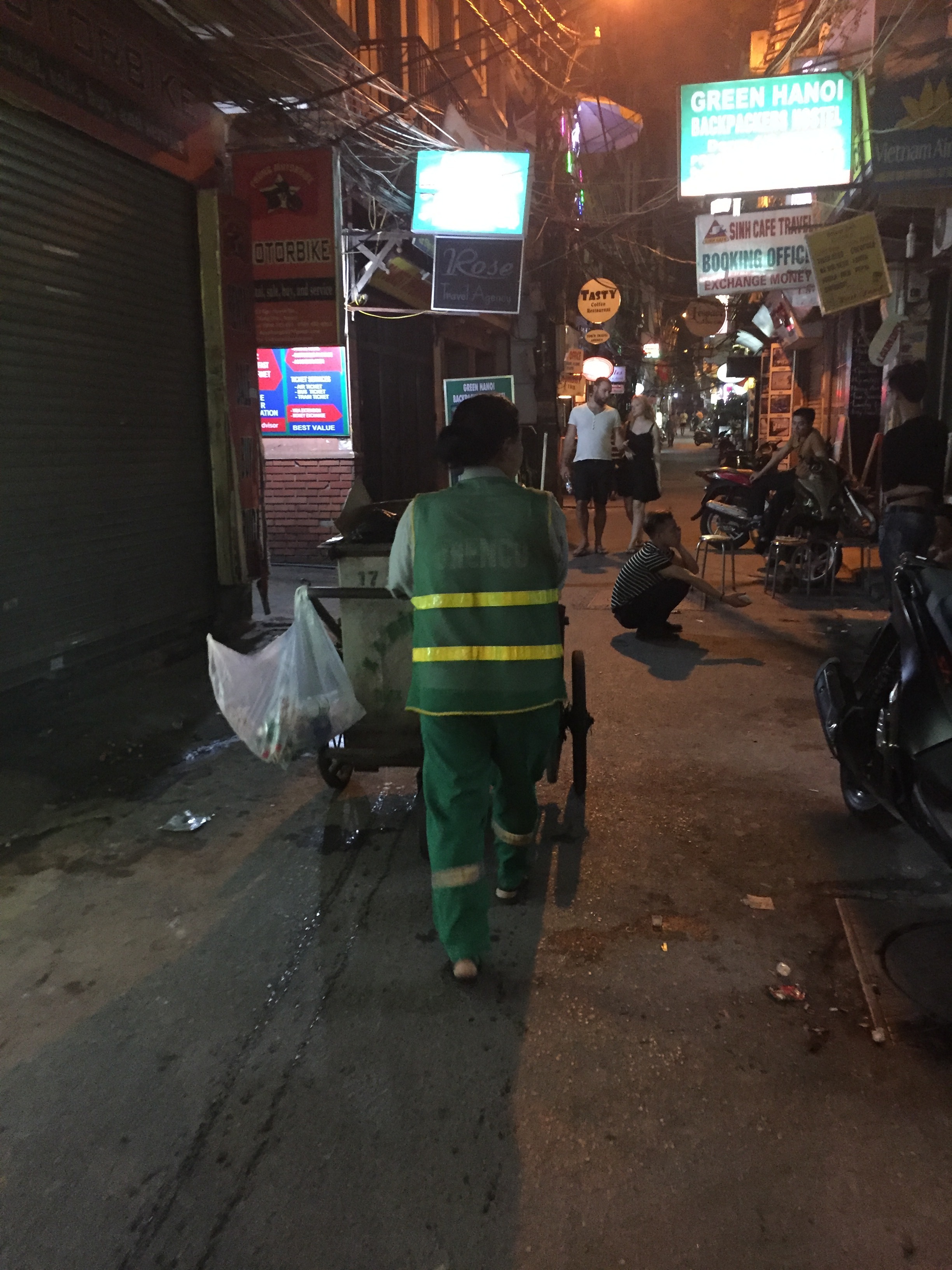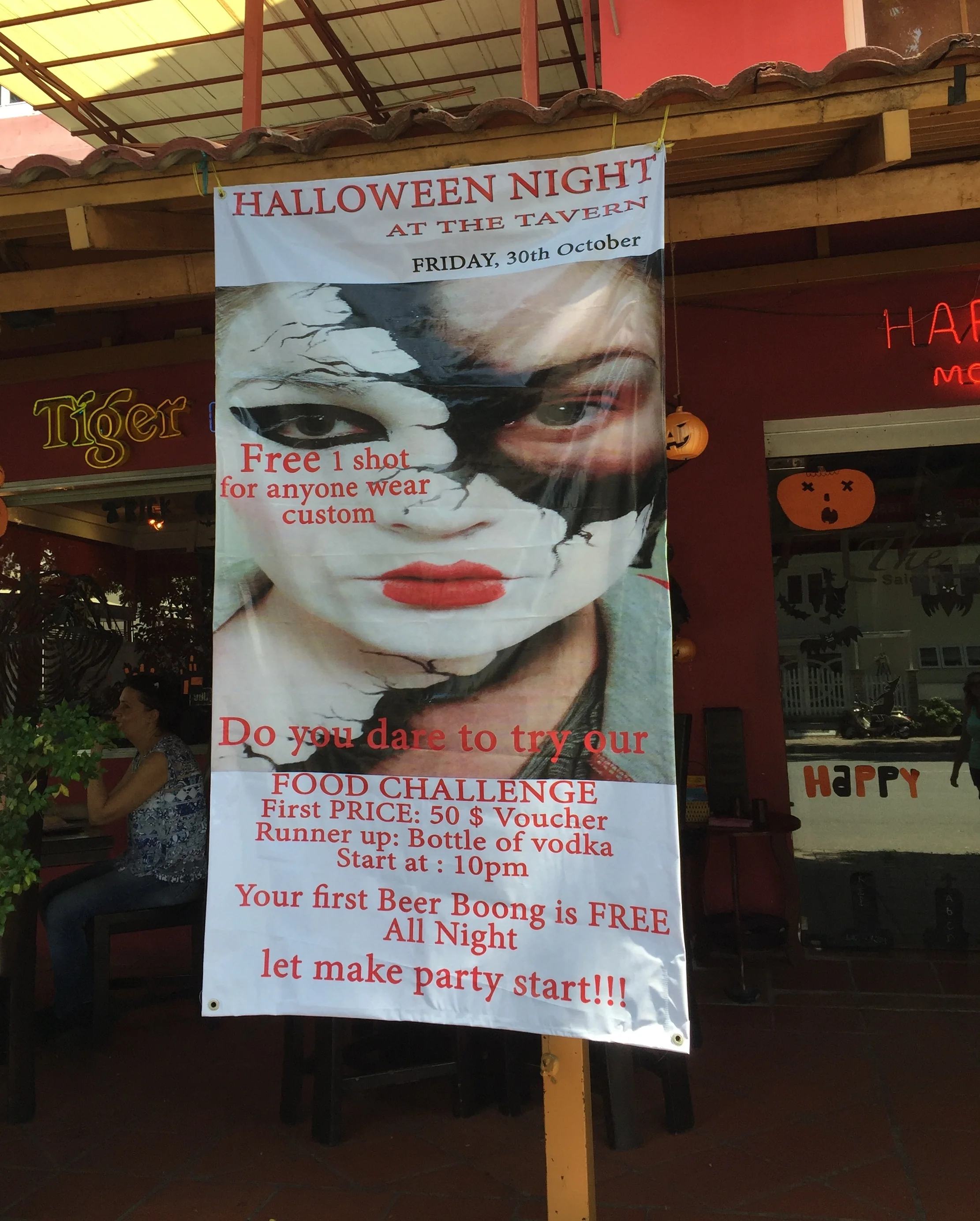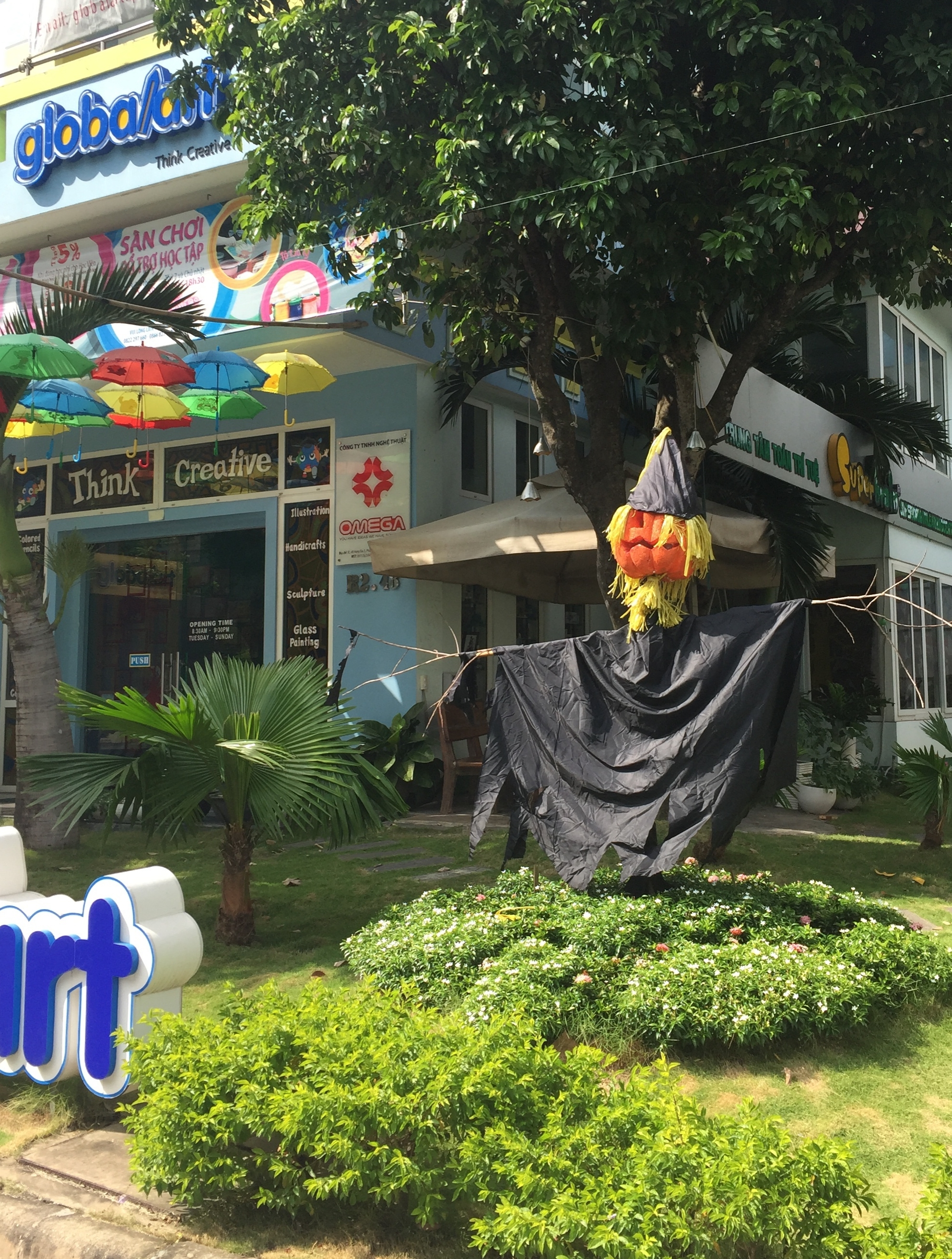Uncle Ho
HO CHI MINH CITY - “All men are created equal. They are endowed by their Creator with certain inalienable rights, among them are Life, Liberty, and the pursuit of Happiness." – Ho Chi Minh
Well, sort of. He was paraphrasing Thomas Jefferson of course. His subsequent sentences read: “This immortal statement was made in the Declaration of Independence of the United States of America in 1776. In a broader sense, this means: All the peoples on the earth are equal from birth, all the peoples have a right to live, to be happy and free. The Declaration of the French Revolution made in 1791 on the Rights of Man and the Citizen also states: ‘All men are born free and with equal rights, and must always remain free and have equal rights.’ Those are undeniable truths.” And then, mirroring Jefferson’s format, Ho went on to list the grievances of the Vietnamese against its colonizers.
Ho Chi Minh was speaking to Hanoi on September 2, 1945, proclaiming the independence of the Democratic Republic of Vietnam from the “double yoke” of its French and Japanese controllers. It would take nine more years of fighting for that independence to become a reality and twenty more to reunify the country, but to this day Vietnam counts September 2 as its independence day. 2015 marks its 70th anniversary, as the propaganda posters remind me constantly.
Ho Chi Minh continues to loom large in modern Vietnam as the man who led the long fight for Vietnamese independence against the French, Japanese and Americans. Prominent portraits of him never feel out of place. They are in every classroom, and prominently displayed for tourists and Saigonese alike in places like the Post Office and through a brand new larger-than-life statue of him in front of Ho Chi Minh City Hall (literally larger-than-life; he was only about five feet tall).
“Uncle Ho” is simply a legend. You can even view his embalmed body in Hanoi. But considering how strong a reputation he maintains 46 years after his death (also on a September 2, in 1969), the man led quite an enigmatic life.
First of all, this Vietnamese icon left Vietnam in his early twenties, not to return for thirty years. He traveled the world using many different aliases as he went. He worked a range of jobs, from pastry chef to waiter, gardener to oven stoker, photo retoucher to newspaper editor. He picked up English, French, German, Chinese and Russian, and got involved with politics early on.
He reportedly concluded quickly that the French colonists were not at all “civilized” enough to be trying to “civilize” his own people. As evidenced above, he studied the French and American revolutions and made Indochinese independence his life’s cause. Hearing of and believing in Woodrow Wilson’s ideas for national self-determination, he went to the Peace Conference of Versailles in 1919. He had prepared to present a case for basic freedoms and equality for Indochina, but he was not received. After this disappointment he decided to throw his lot in with the Socialists.
However, he soon switched again and helped found the French Communist party, which seemed more likely to help liberate Indochina than the “equivocating” Socialists, as it was put in an over 4,000-word obituary.
He helped start and edited a weekly newspaper called Le Paria (The Outcast), giving voice to a group of French colonial exiles in Paris from Africa, the Caribbean and Asia. He moved to Russia and met Lenin: the start to a game-changing relationship with the Soviet Union. He joined a Soviet group in China supporting Chiang Kai-shek in the 1920s until Kai-shek broke with the Communists. Ho was put in British jail in Hong Kong for “subversive activities,” went to school back in Russia and helped a Chinese Communist army fighting the Japanese in the late 1930s. Somewhere along the way the French sentenced him to death in absentia because the Indochinese Communists had supported a peasant rebellion.
Eventually, he returned to his homeland with an international reputation and many ideas about what should happen in Vietnam. He founded the Viet Minh in 1941, an underground Communist group whose charter prioritized nationalism over Communism. Ho had said, "I was a Communist, but I am no longer one. I am a member of the Vietnamese family, nothing else." Since Ho was fighting the Japanese governing Vietnam during World War II, the Americans helped him get out of Chinese jail. He was considered a U.S. ally at the time of his independence speech and even tried to verify the Jefferson quote with an American intelligence officer. The American couldn’t remember though, and deferred to the Vietnamese leader on this matter of U.S. history. However, as we know, this alliance would not last.
Say what you will about Ho Chi Minh (and indeed, much has been said), but he succeeded. He dedicated his life to seeking independence for his homeland. He officially led Vietnam against the Japanese, fought back the French for nine years after and pushed for unification with South Vietnam until his death. And today, Vietnam stands unified, in large part because of this slight man.
I just spoke with a group of South Vietnamese twenty-somethings in Ho Chi Minh City about their city’s namesake and a unified Vietnam. While they had conflicting feelings about how the country is run, and about whether they prefer rule from the north to divided rule, they all agreed on one thing: “we are proud of Uncle Ho.” It’s true that they receive no nuanced historical information about him in school, but even so, he’s a legend for a reason.
